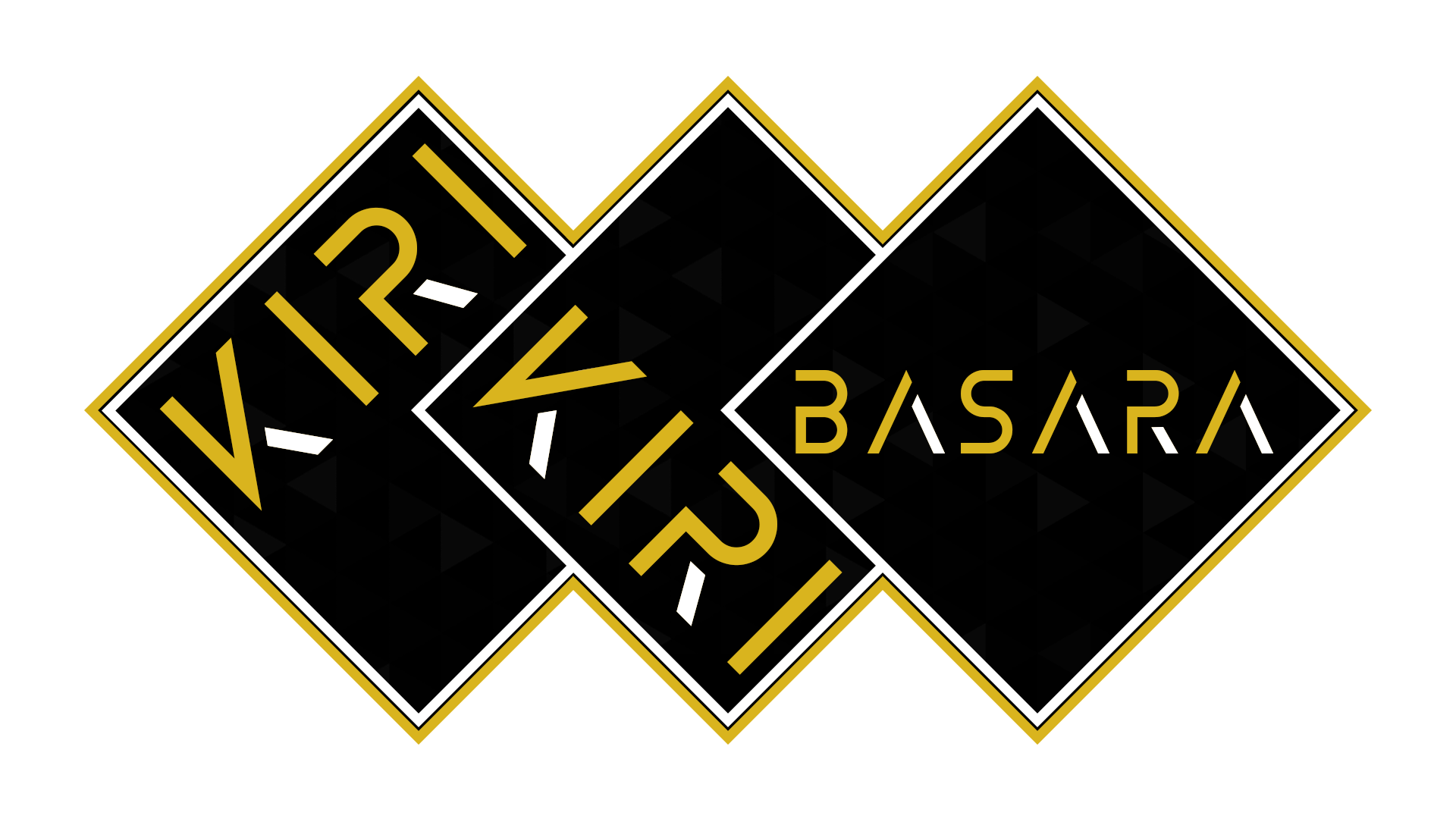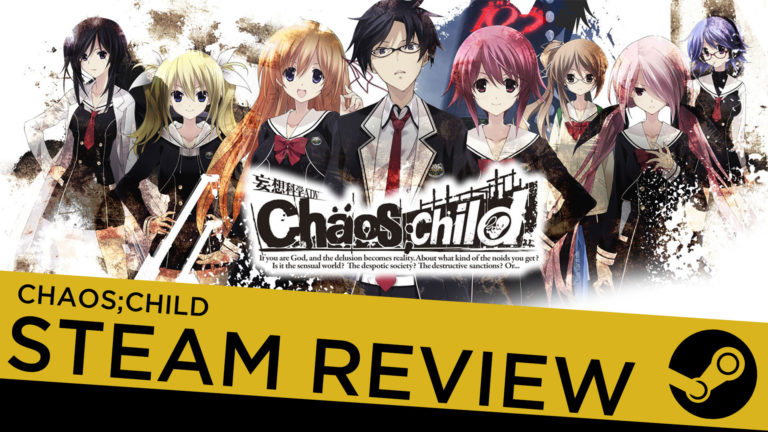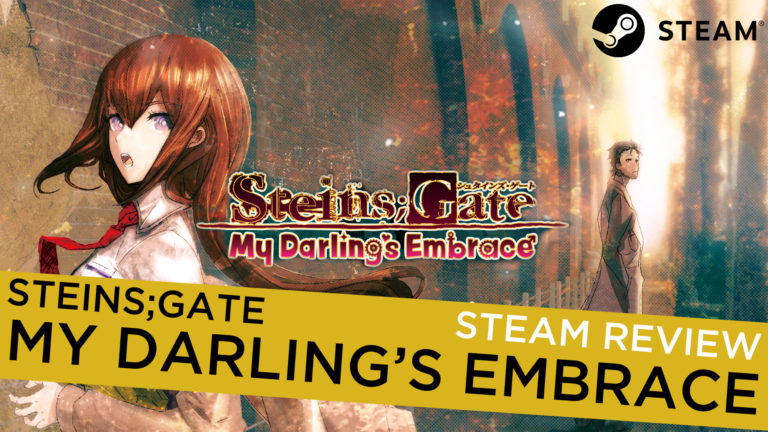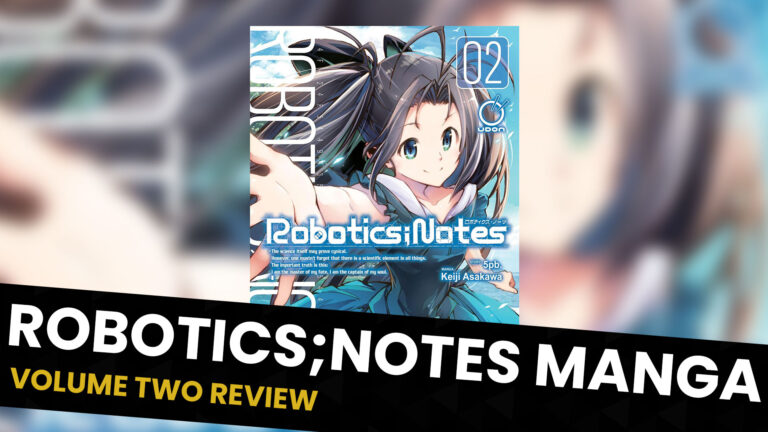Welcome to the Kiri Kiri Basara review of 8-BIT YU-NO’S GREAT ADVENTURE! This review is the second of our Friends of SciADV series, which aims to explore games that fans of the Science Adventure series might enjoy. This review is a complement to our YU-NO review, which can be found here.
In March 2019, MAGES. re-released YU-NO: A girl who chants love at the bound of this world (henceforth, YU-NO) on the Nintendo Switch—previously, it had only been available on the PlayStation 4 and PlayStation Vita. To coincide with the new release, MAGES. also included a new bonus game titled 8-BIT YU-NO’S GREAT ADVENTURE. Spike Chunsoft would go on to bring both titles to the West in English in October 2019.
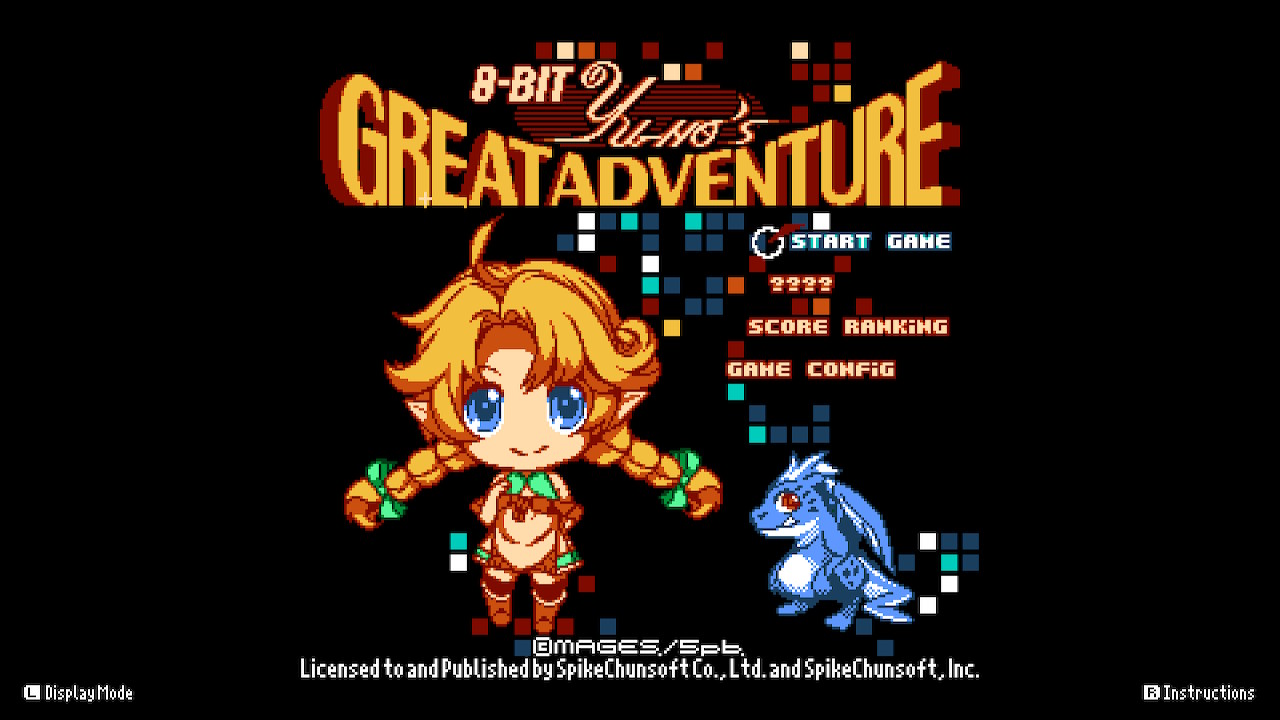
To preface this review, I want to emphasize the fact that 8-BIT YU-NO’S GREAT ADVENTURE (henceforth, 8-BIT YU-NO) does contain spoilers for the main game, and is ideally experienced once one has finished the main game. The rest of this review will, therefore, contain spoilers for YU-NO. However, for readers that would like a short, spoiler-free consensus, here’s my opinion in a nutshell:
8-BIT YU-NO is a charming little bonus game, and a rewarding supplement to the main story. While the game does have a high difficulty level and controls that take some getting used to, it’s quickly made up for with beautiful pixelated graphics, retro-styled music, and clever usage of the main game’s divergence system in tandem with action-focused gameplay. Callbacks to the main game via familiar items, characters, and levels are abundant; more often than not, these callbacks are integrated in fascinating and satisfying ways. The game itself is not very long, but it’s engaging enough to be the main reason why I currently recommend the Nintendo Switch version of YU-NO over the others.
The rest of this review contains spoilers for the entirety of YU-NO’s main story.
GAMEPLAY
In a similar vein as game series like Metal Slug and Contra, 8-BIT YU-NO is a side-scrolling run-and-gun action game in retro game style. The player controls Yu-No, using the directional buttons to move, and A and B to jump and attack respectively.
While this serves as the basic way to play the game, the gameplay also diverges from the norm when one makes use of the ADaMS (Active Diverge and Multiverse System). That’s right, the iconic divergence map from the main game makes a return in 8-BIT YU-NO; by pressing X during gameplay, the player can backtrack through any previously traversed timeline and diverge from the previously tread path in order to pursue items and Orbs or avoid spirals (which lead to automatic game overs). Just like the main game, the player must possess at least one Orb in order to access the ADaMS.
Yu-No can also summon and ride Kun-kun the nogard by finding the Egg item. While riding Kun-kun, Yu-No can perform her attack as usual, but flight is also made possible. This generally makes it easier to traverse the levels and avoid their treacherous bottomless pits and ruthless ground enemies. In a bit of dark callback humor, if Kun-kun is hit by an enemy, she dies and drops a piece of meat which Yu-No can eat to regain health.
Other items that players might remember from the main game make reappearances, such as the iron sword (increases attack power), the Hypersense Stone (recovers all of Yu-No’s health one time when she runs out), the rope (bottomless pits don’t lead to an instant death but deplete health instead), and more.
In terms of how the game feels in action, it’s a tough call. It takes some time to get used to how Yu-No controls—often, it feels like she moves too fast, or that there isn’t a strong sense of momentum to her jumps. This, in combination with how fast the screen scrolls, can make it difficult to time jumps well or confidently attack foes with larger amounts of health. Despite that, I found myself improving and slowly overcoming these issues as I continued to play.
The game itself can be quite tough, especially for newcomers to the run-and-gun genre. While the first level is straightforward enough in terms of difficulty, later levels throw hordes of enemies at the player, and later bosses are near-ruthless. Run-and-gun old-timers and experts will probably find themselves right at home with this game, but the difficulty level is definitely something that newcomers to the genre should keep in mind. It’s certainly something that can be overcome with practice and patience.
For all the minor gripes I had with the gameplay however, the game’s presentation quickly overshadowed any doubts I had about the quality of 8-BIT YU-NO.
PRESENTATION
One of the most prominent aspects of the game is its beautiful pixel art style, which is incredibly pleasing to the eye. Not only does it serve as a great love letter to other retro games of similar style, but it also stands out in its own right; the pixel art rendition of Yu-No, shown in the bottom left corner of the game, is probably the most adorable version of Yu-No to date. Enemies, items, and the levels are very accurate to their original forms in the visual novel—it almost feels as though you’re entering Dela Grante for the first time again, experiencing it in a brand new light.
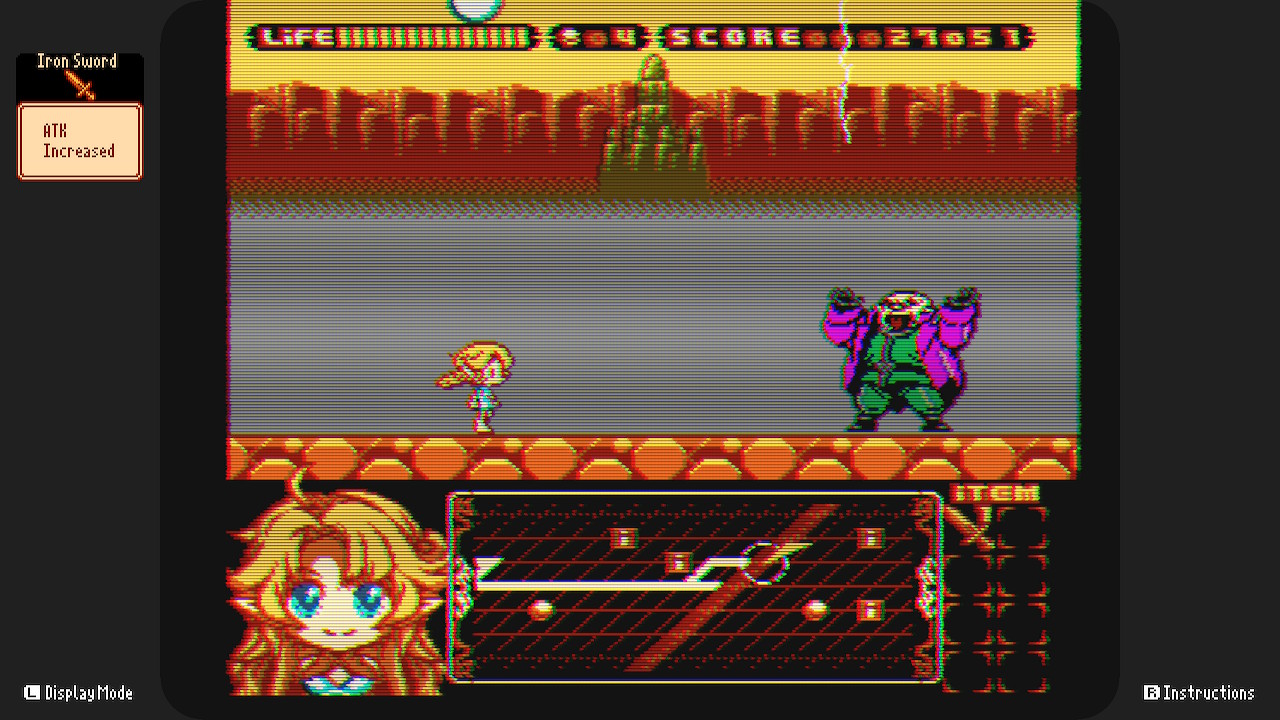
The player is given three visual mode options: a retro-styled filter mode, a normal visual mode, and a square filter mode (pixels displayed in square format). The most unique of the three is definitely the retro-styled filter, though the normal mode might be a bit less visually distracting.
Fans of Steins;Gate and the Science Adventure series are in for a treat when it comes to the soundtrack—Takeshi Abo, well-known for much of his work on the music in SciADV, composed the original soundtrack for 8-BIT YU-NO. Every track in the game is of very high quality, which is only natural given its talented composer. The soundtrack can actually be purchased separately on iTunes, and that’s exactly what I did when I beat the game. It’s that good!
CONCLUSION
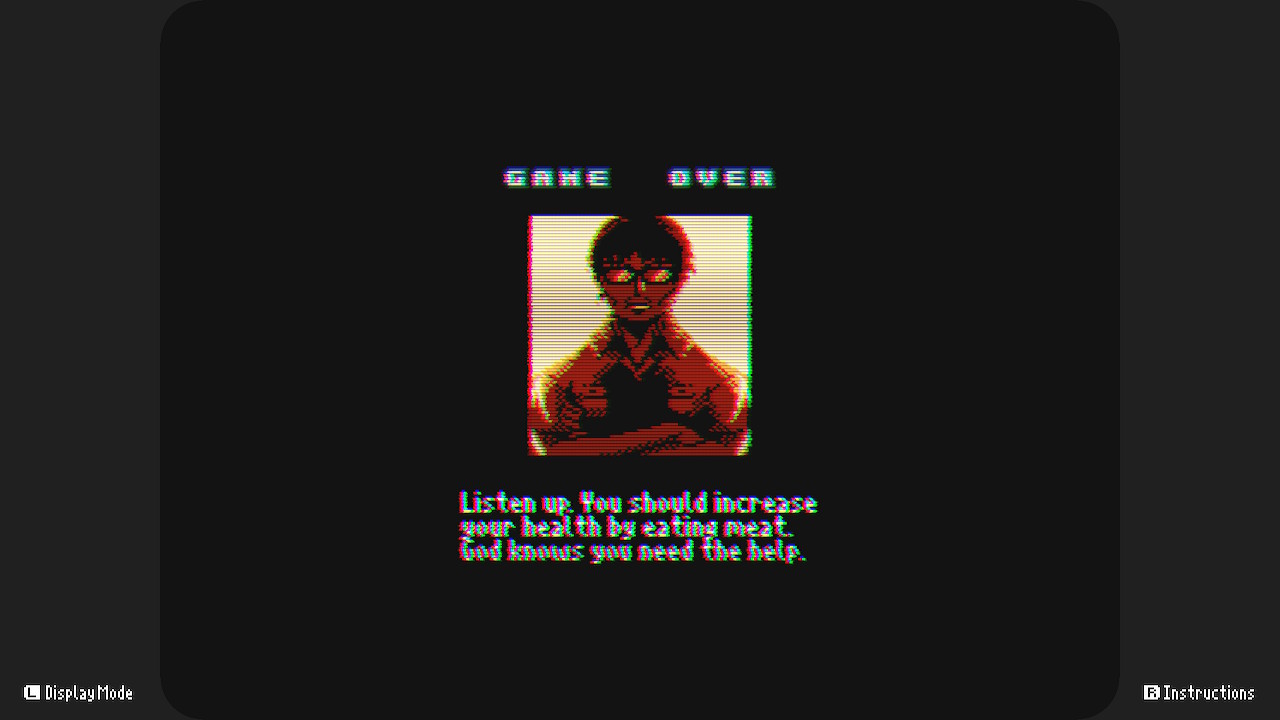
8-BIT YU-NO is ultimately a very coherent and engaging experience, and certainly one deserving of high praise. The developers truly outdid themselves, and I can’t stress enough how much I enjoyed playing this game. For YU-NO fans new and old alike, 8-BIT YU-NO is truly a jewel that shouldn’t be missed.
Final Score:
10/10
Despite some minor quirks, 8-BIT YU-NO proves to be an excellent experience through and through with its colorful graphics, interesting gameplay, exceptional music, and rewarding callbacks to the main game. I recommend all fans of YU-NO give this one a try.
